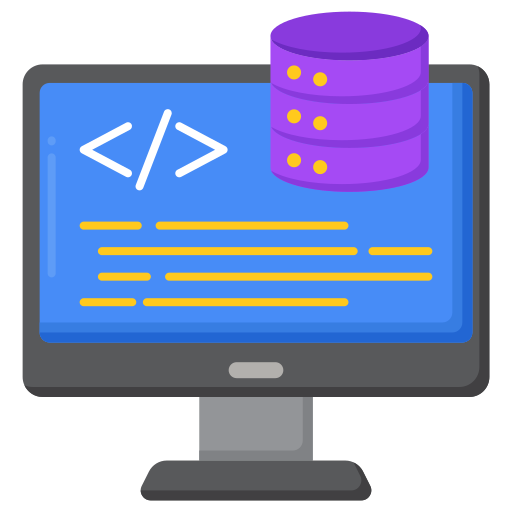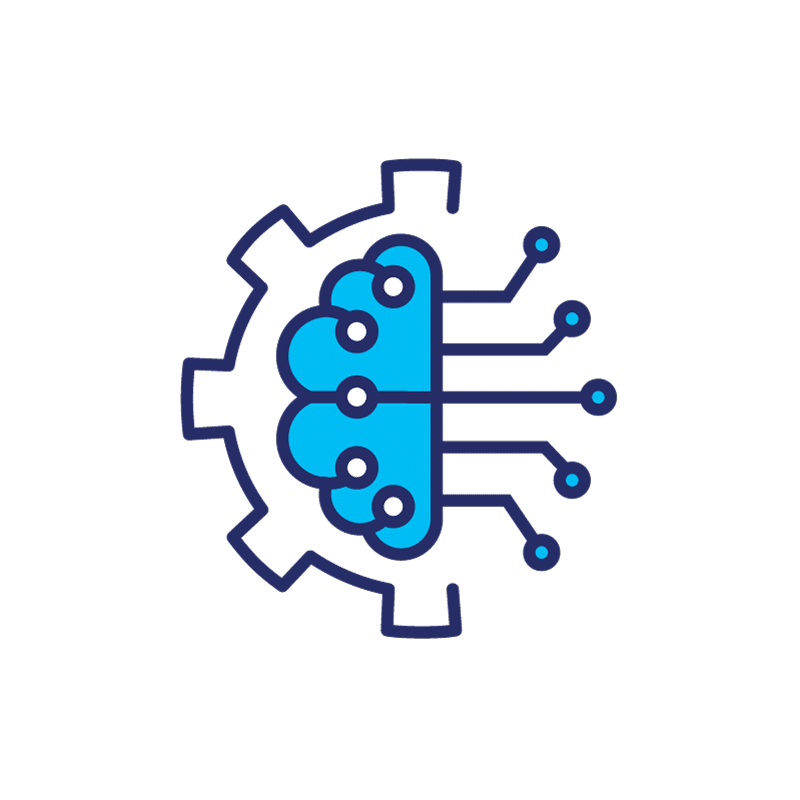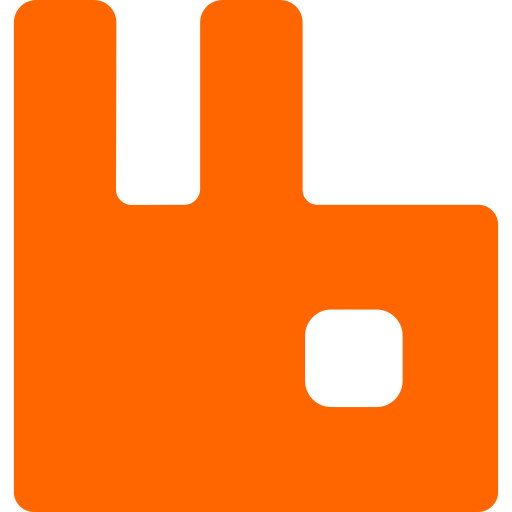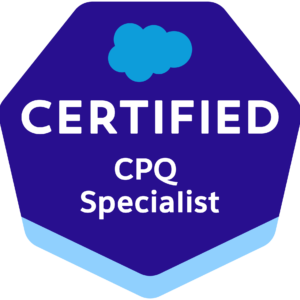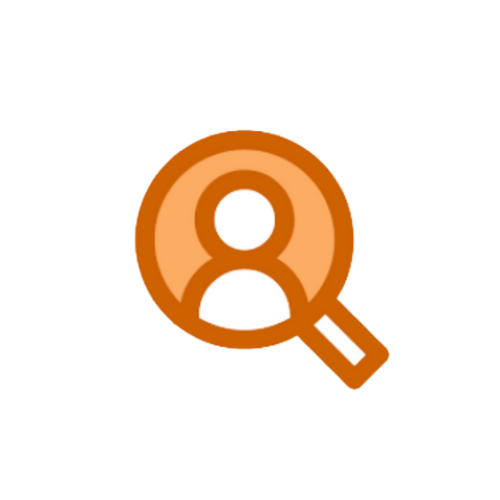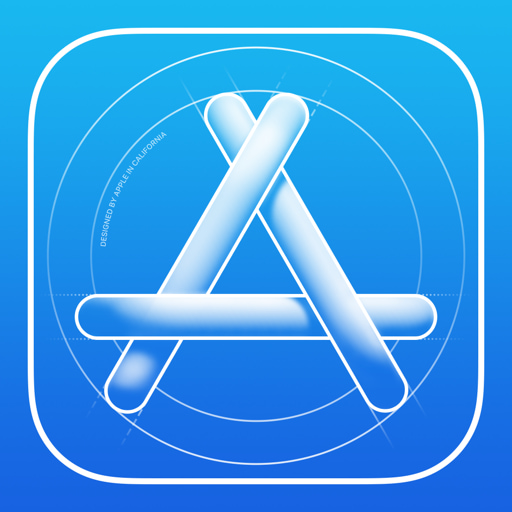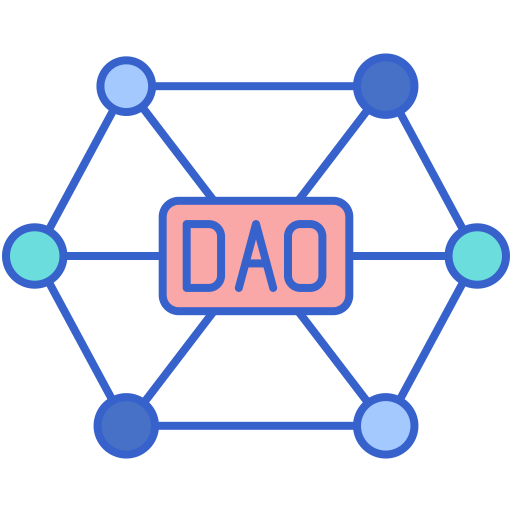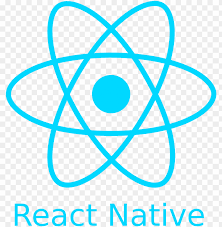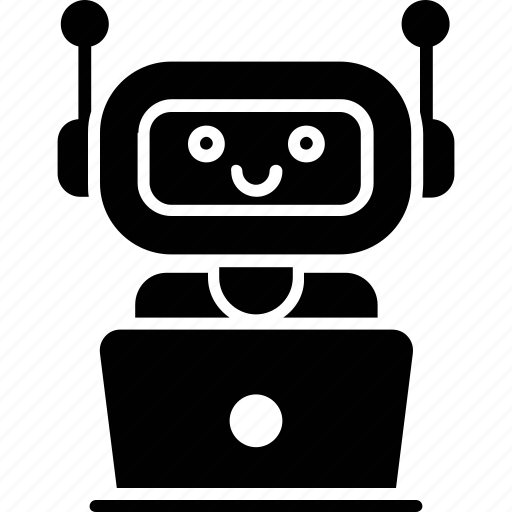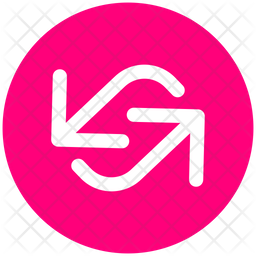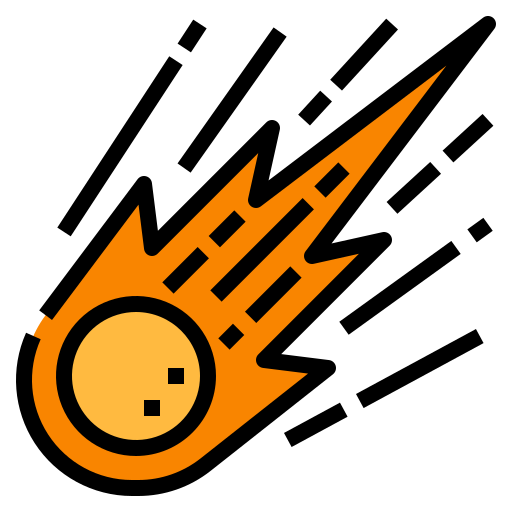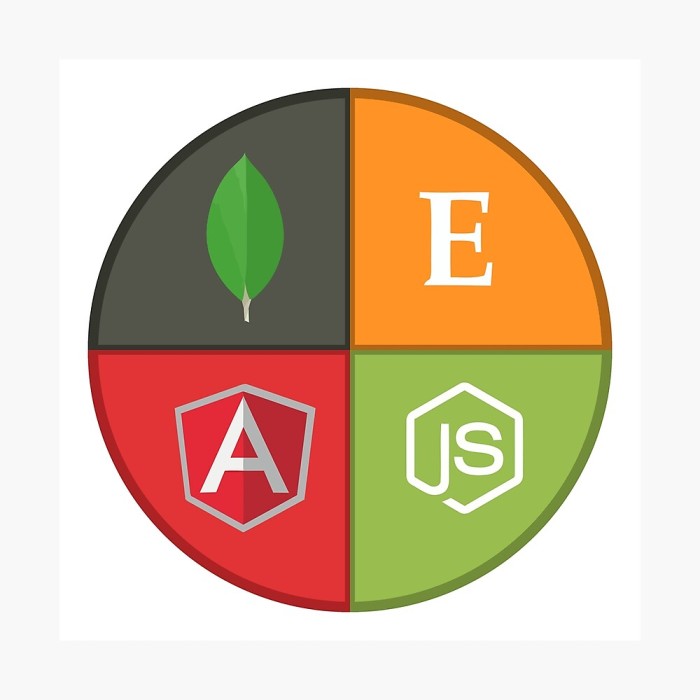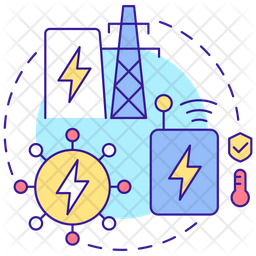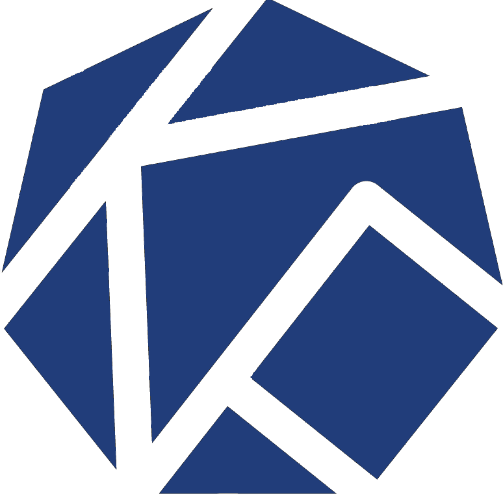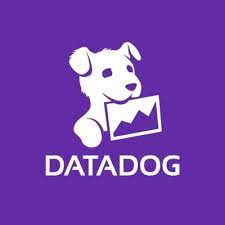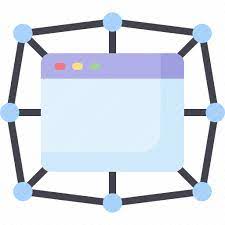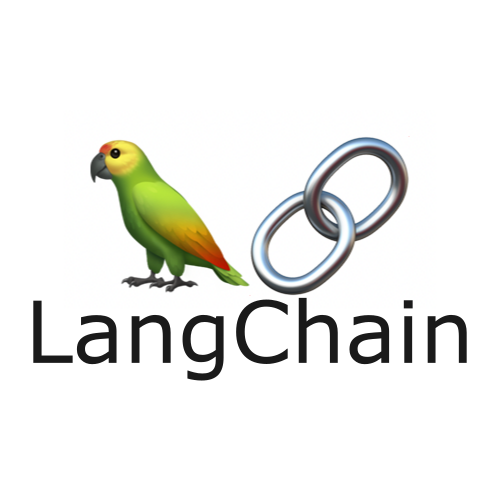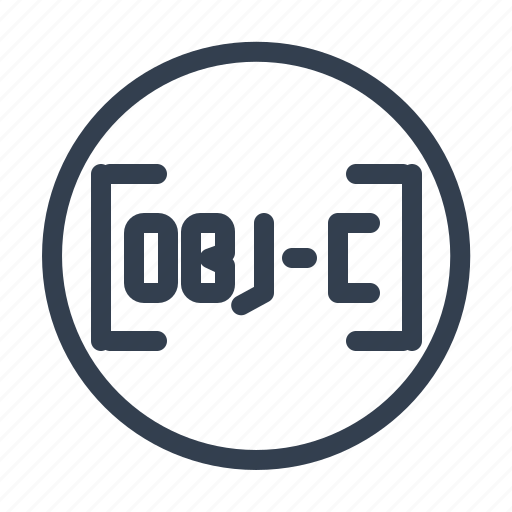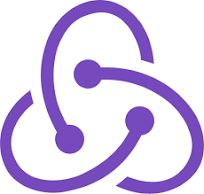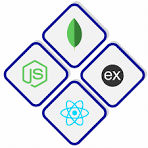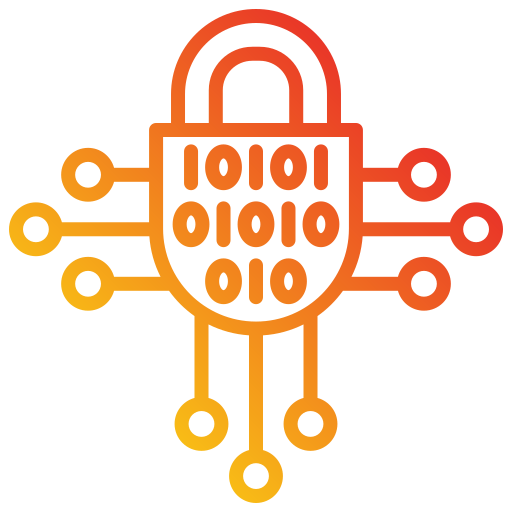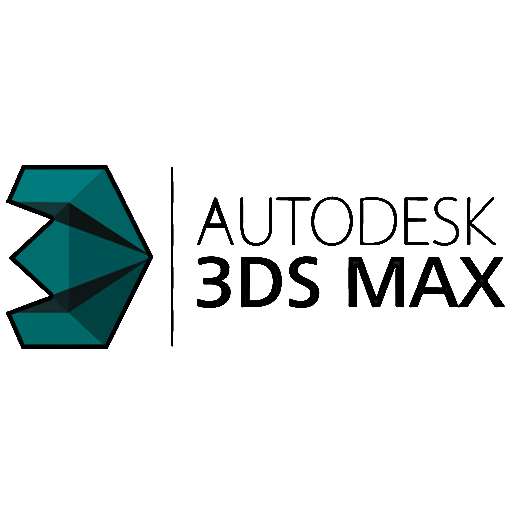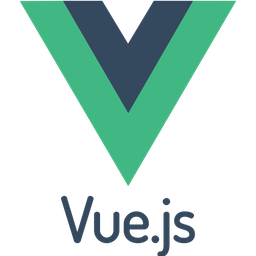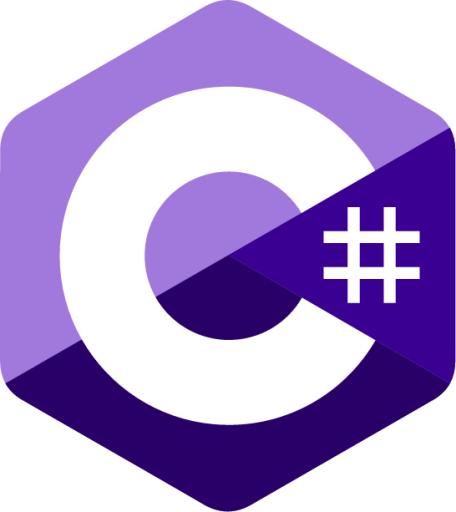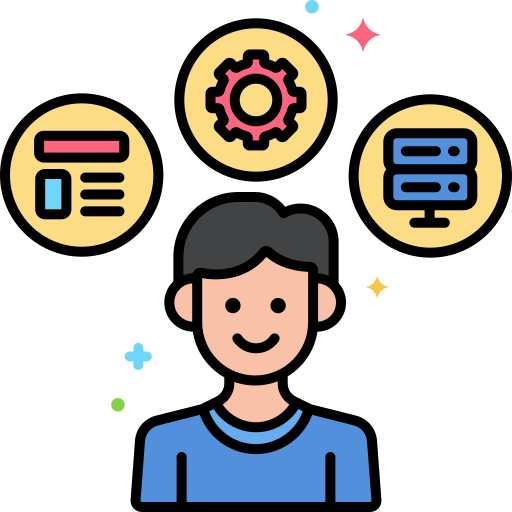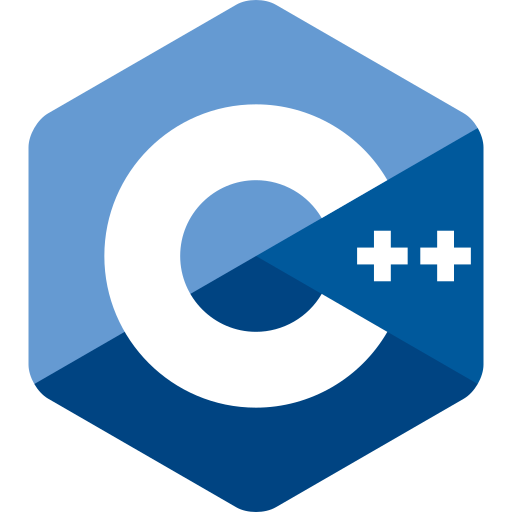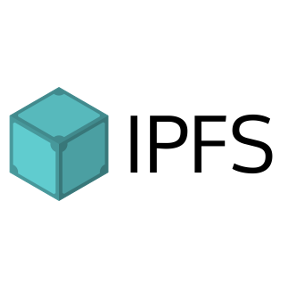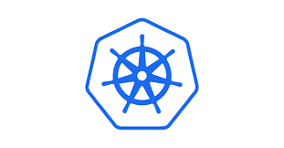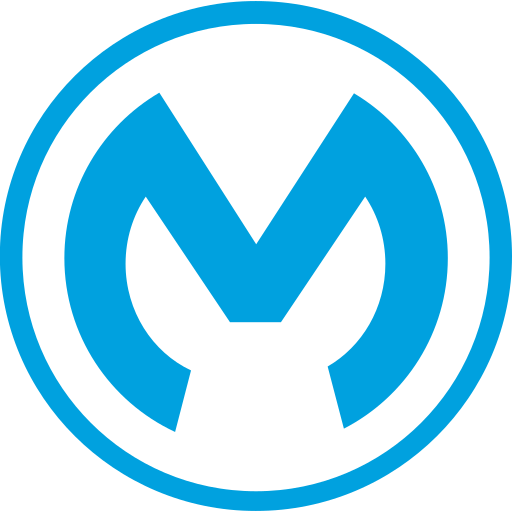Contents
What is C++?
What Does a C++ Developer Do?
What are the Essential Skills of a C++ Developer?
What are the Responsibilities of a C++ Programmer?
What are the Benefits of Hiring a C++ Developer?
Top Interview Questions to Ask While Hiring a C++ Developer
What is C++?
C++ is a robust general-purpose programming language which is used to create various softwares and different gaming applications. C++ allows to implement procedural programming for CPU’s intensive functions and to control computer hardware.
What Does a C++ Developer Do?
A C++ developer is like a digital architect who creates, improves, and maintains software applications. Depending on what their company needs, they may also work with different team members, look into the requirements of software applications and systems, and come up with smart solutions as part of their job.
What are the Essential Skills of a C++ Developer?
C++ stands out as one of the more challenging programming languages. So, here are some essential skills to ensure while hiring a C++ developer:
- Steadfast Knowledge of C++ Library, Containers, and Algorithms
- Knowledge of Template Coding
- Firm Understanding of Object-Oriented Programming Concepts
- Excellent Understanding of Testing Frameworks and Tools
- Firm Understanding of System Programming and Linux
- Strong Understanding of Data Structures and Algorithms
- Experience Working with SQL and NoSQL Databases
- Knowledge of HTML and CSS
- Experienced with Software Configuration Management (SCM)
The C++ Standard Library (STL) is a collection of all C++ classes, data structures, algorithms, and templates that are designed in C++. C++ STL can make your code more reusable, fast-working, and extensible. STL provides four types of components, namely, algorithms, functions, iterators, and containers. The C++ developers must know about Containers, Algorithms, Iterators, Container Adopters, Associative Containers, and Sequential Containers.
Templates are the powerful in-built feature of C++ that allows a C++ programmer to write a generic algorithm that works with all kinds of data types and eliminates the requirement of writing different classes, functions, or some other code for different data types like integer, float, or string. It is also called Generic Programming.
C++ is widely used as an Object Oriented Programming language. OOP helps to emulate real-world entities. For example, if you want to design a messaging app, you have to first design a message class that contains all the information about sender, message content, receiver, and message identity all inside a single class. The C++ developer must know about Encapsulation, Inheritance, Polymorphism, and Abstraction. Check whether the C++ developer knows about early or static binding, dynamic binding or late binding, various types of inheritance, etc.
With the rising demand for quick deployment in the development phase, testing has become a very important skill for developers to know. Check the C++ programmers’ knowledge about Jest, Enzyme, Mocha, Chai, AVA, and Tape for unit testing. For end-to-end testing, check their knowledge about Selenium, Webdriver, Cucumber.js, Nightwatch.js, Cypress, and Puppeteer. For integration testing, ensure that the C++ programmers know about Karma.
The C++ coders write the code in Linux environment as it is an open-source platform embedded with lots of C++ libraries and there are a lot of projects written in C++ for the Linux/Unix operating system. The C++ coders must have firm understanding of setting up the environment, compiling, running, and debugging the code, and installing different types of libraries.
Knowledge of data structures and algorithms enables a C++ developer to write meaningful and concise code. You must ensure that the C++ developer developers you are hiring must know about popular algorithms like find, count, substr, finding minimum using min function, maximum using max function, and more. The C++ developers must know about map, set, vector, trees data structure.
The C++ Programmers must know how to work with SQL and NoSQL databases. The dedicated C++ programmer must be familiar with the fundamental concepts of DBMS like data integrity, data access control, automatic rollback, restart, and recovery. The programmers must know DDL, DML, DCL, TCL, and DQL commands. Check if the C++ programmer is well-versed with about Normalization, E-R Model, ORM Mapping, and Joins.
HTML (Hypertext Markup Language) and CSS (Cascading Style Sheets) are the two must-know technologies for any developer. For any kind of application development, knowledge of these two core technologies helps. You must hire a C++ developer who has a basic understanding of HTML and CSS.
The developers must know about Software Configuration Management. Software Configuration Management (SCM) is the process of identifying, tracking, and controlling the changes in the software. The SCM activities are important for a C++ developer to know. SCM helps developers to track and handle the products and its different versions. It identifies and controls the software configuration, hardware, and tools that are involved in the software development process.
What are the Responsibilities of a C++ Programmer?
Businesses increasingly depend on high-quality software solutions to push innovation and remain competitive. Top-notch C++ programmers are vital in creating robust, efficient, and scalable applications. So, let's examine the particular duties that these experienced professionals bring to corporations:
- Mastering Performance
- Low-Level System Development
- Memory Management Experts
C++ programmers are adept at optimizing code for maximum performance. They possess deep knowledge of memory management, algorithms, and data structures, enabling them to create lightning-fast applications that handle large-scale computations and data processing.
C++ programmers excel at system-level programming, enabling them to work closely with hardware, operating systems, and embedded systems. They understand the complexities of low-level programming, making them valuable assets for companies working in domains like gaming, finance, and real-time systems.
C++ programmers have fine-grained control over memory management. They manage dynamic memory allocation, reduce memory leaks, and optimize resource utilization. This expertise ensures efficient memory usage, enhancing the overall performance and stability of the software.
What are the Benefits of Hiring a C++ Developer?
Take your software to the next level. Discover the unique benefits of hiring remote C++ developers. From enhanced performance and scalability to seamless integration and future-proofing, these experts bring unparalleled expertise and innovation to your projects.
- Robust and Scalable Solutions
- Cross-Platform Compatibility
- High-Level Control and Flexibility
C++ is known for its ability to handle complex projects and scale effectively. Top-notch C++ developers have experience designing and implementing robust architectures to accommodate growing demands, ensuring your software can handle increasing data loads and user interactions.
Developers use C++ as a universal language to build applications for numerous platforms, like desktop, mobile, and embedded systems. If you hire a junior C++ developer remote, they will develop software that can operate smoothly across different operating systems and devices, extending your reach and user base.
C++ provides developers with low-level control over hardware resources, enabling them to optimize code execution and tailor solutions to specific business requirements. Skilled C++ developers can leverage this flexibility to create custom solutions that align perfectly with your business objectives.
Top Interview Questions to Ask While Hiring a C++ Developer
- Explain using namespace std in C++.
- How do you optimize C++ code for performance?
- What are the best practices for writing efficient and maintainable C++ code?
- What industries or domains commonly use C++?
- What tools and frameworks are commonly used with C++?
using namespace std is the scope in which class names, function names, and variable names are defined. C++ contains the in-built classes, libraries, and functions that the freelance C++ developers use in designing applications.
I can optimize C++ code with a keen attention to detail and an understanding of various methods. Firstly, I profile tools like Valgrind to identify bottlenecks. Secondly, I use relevant data systems and algorithms, such as employing vectors instead of lists, for improved cache utilization. Thirdly, I minimize memory allocations and deallocations by reusing objects or utilizing object pools. Fourthly, I optimize loops by decreasing excessive iterations and leveraging loop unrolling or parallelization. Finally, I use inline functions, const-correctness, and compile-time optimizations like template metaprogramming to significantly improve performance.
To write efficient and maintainable C++ code, it is essential to follow best practices. These include using descriptive and meaningful variable and function names, following a modular and organized code structure, utilizing const correctness to enforce immutability, practicing encapsulation and information hiding, and employing proper error-handling techniques. Additionally, adhering to coding standards, such as those outlined in the C++ Core Guidelines, can contribute to writing high-quality and readable code.
Popular industries that use C++ widely are game development, embedded systems, operating systems, finance, scientific research, and high-performance computing. It is the language of choice for resource-intensive applications that needs speed, efficiency, and low-level control.
The best C++ developers commonly use tools and frameworks like GCC, Clang, Visual Studio, CMake, Boost, Qt, and STL (Standard Template Library). These tools and frameworks help in code compilation, debugging, project management, and building robust applications.




































